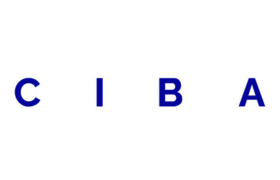The report says that upon the recommendation of the Council of Europe`s Group of States against Corruption (GRECO), Cyprus established the Coordinating Body against Corruption in 2003. Following GRECO recommendations, Cyprus took steps to harmonise provisions on corruption across the criminal code and more recent laws ratifying the OECD Criminal Law Convention on Corruption. Consistency was thus improved concerning pecuniary penalties for corruption offences. While recognising such improvements, GRECO recommended additional steps to improve consistency and legal certainty, it is noted.
According to the report, there is growing awareness in Cyprus of the need for transparency regarding the assets of high-level officials and politicians. “For the first time, three presidential candidates voluntarily published lists of assets and loans ahead of the February 2013 presidential elections. Following the elections, the President also asked ministers to disclose their assets and to sign a code of conduct. The ministers' declarations were made public in July 2013. This positive trend would be consolidated by a statutory asset disclosure mechanism that includes the means to verify declarations, accompanied by dissuasive penalties in cases of non-compliance,” the report notes.
The report recommends additional efforts to be taken to ensure closer coordination of relevant bodies, effective disclosure of assets and conflicts of interest, and greater transparency in the financing of political parties as well as in public procurement. It said the following require further attention: 1. Strengthening the disciplinary regime for public servants, and streamlining procedures to ensure effective investigation of corruption within the police, 2. Introducing codes of conduct for elected and appointed officials for them to declare assets periodically and to disclose potential conflicts of interests, with independent supervision and dissuasive penalties, 3. Lowering the thresholds for donations to political parties, limiting the ability of state-owned companies to sponsor political events, regulating donations to election candidates and campaigns, obliging parties to publish their financial statements and accounts online (including the identity of donors), and establishing external supervision of election candidates’ income and expenditure and 4. Developing uniform and effective tools to prevent and detect corruption in public procurement at national and local level, including internal and external control mechanisms and risk management tools within contracting authorities.
Source: InCyprus













